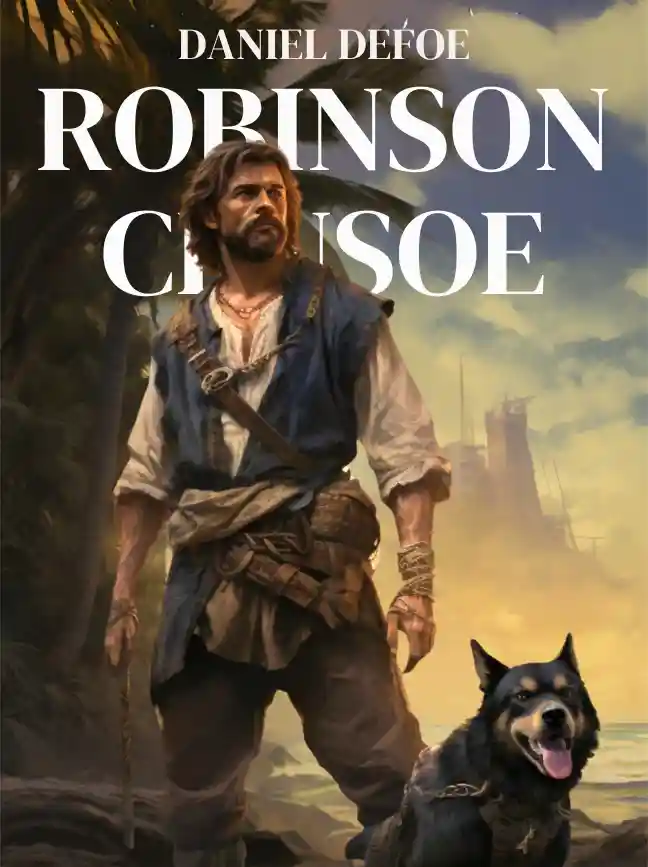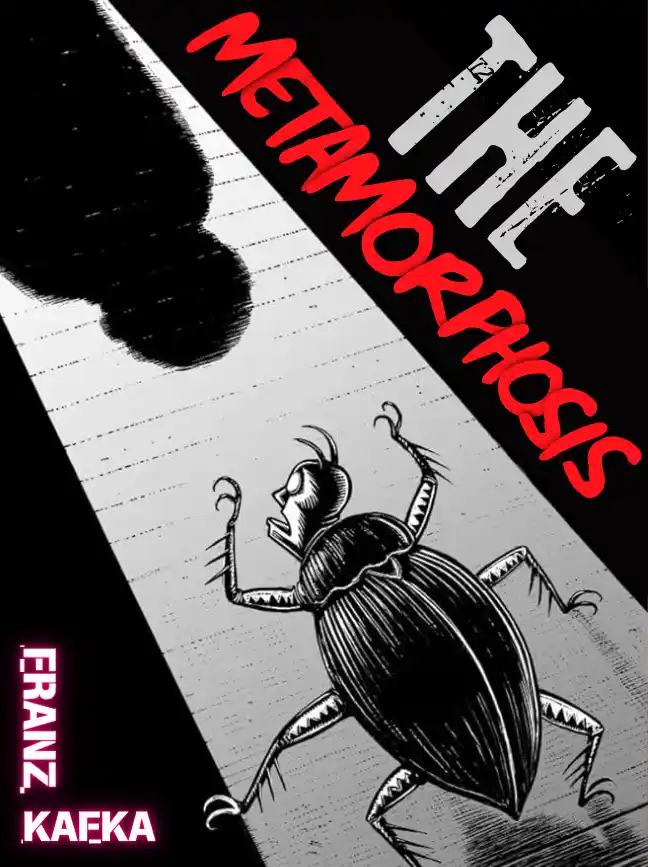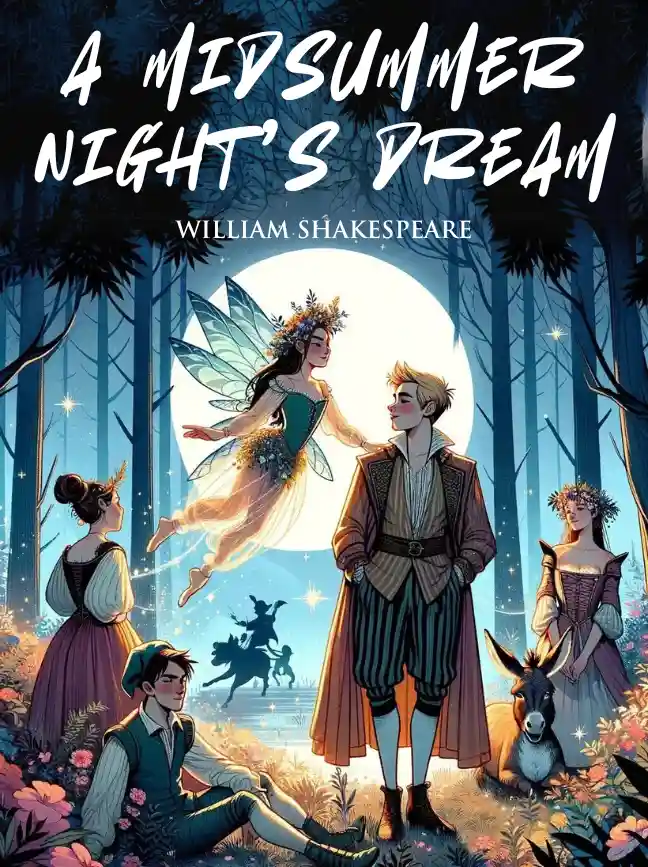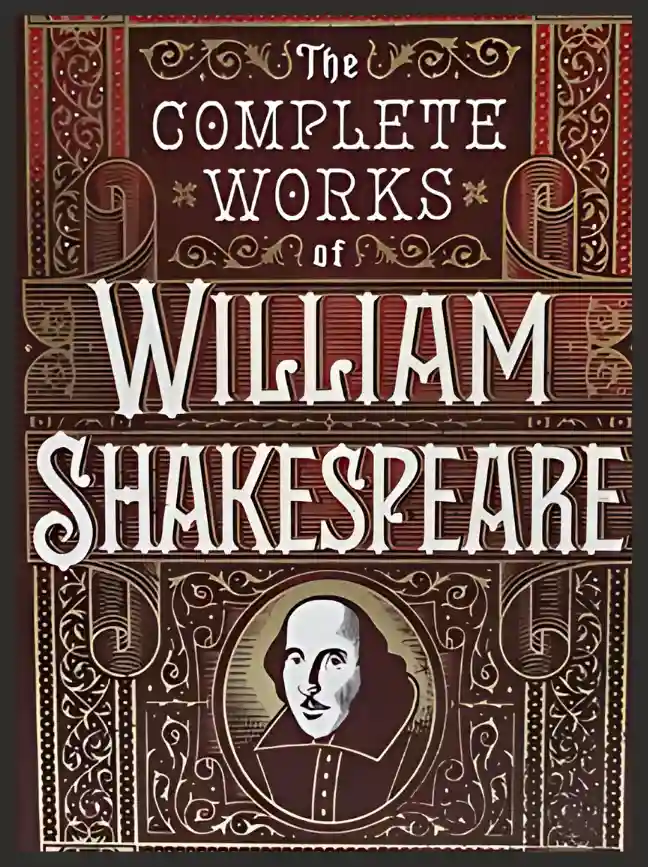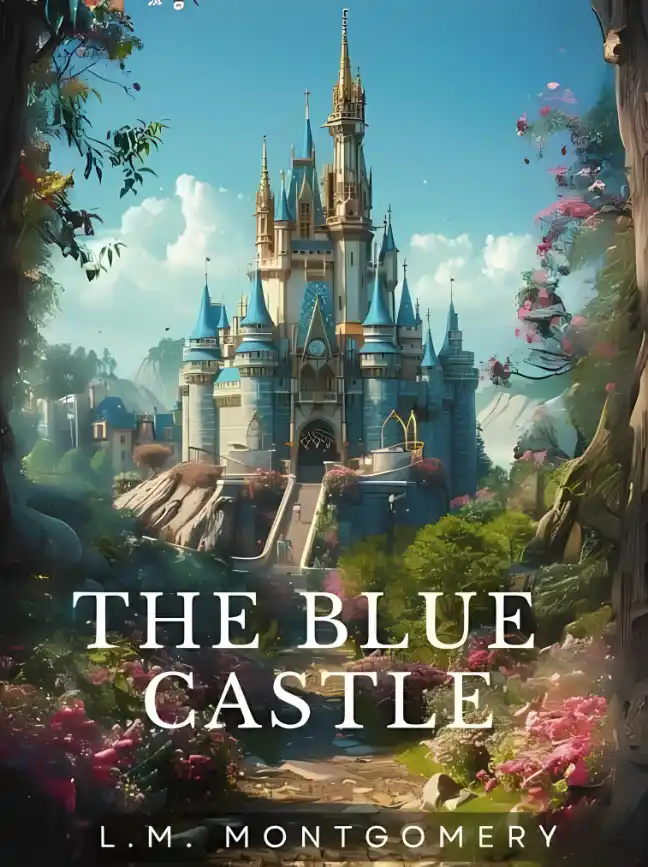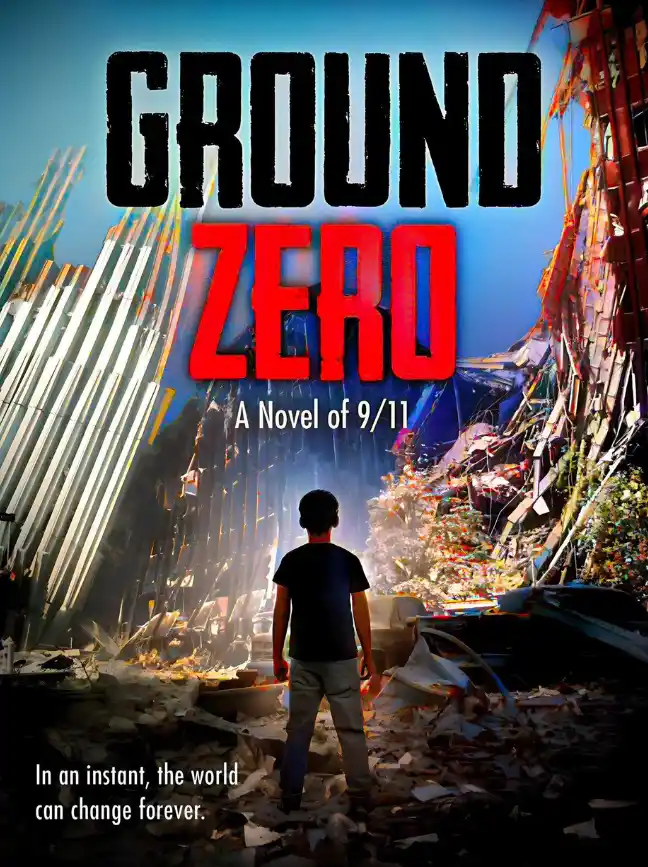Thursday at noon, Gus was back at his kitchen table, looking less “s*xily disheveled” and more like he’d been dragged behind a dump truck with a loose tailgate. He smiled and waved, and I returned the gesture, despite the sick roiling in my stomach.
He scribbled a note: SORRY I’VE BEEN MIA THIS WEEK.
I wished that hadn’t replaced the nausea with the zero-gravity rush of a roller coaster loop. I looked around: I hadn’t brought my notebook in today. I went into the bedroom and grabbed it, writing, NOTHING TO BE SORRY ABOUT as I ambled back into the room. I held the note aloft. Gus’s smile wavered. He nodded, then jerked his attention back to his laptop.
It was harder to focus on writing now that he was back but I did my best. I was about a quarter of the way through the book, and I needed to keep up. Around five, I (discreetly, at least I hoped) watched Gus get up and move around the kitchen, making some semblance of a meal. When he’d finished,
he sat back down at his computer. At about eight thirty, he looked up at me and tipped his head toward the deck. This had been our signal, as close to an invitation as either of us got before we moseyed onto our respective decks and not quite hung out at night.
Now that seemed like a blatantly obvious metaphor—his keeping a literal gulf between us, my readily meeting him each night. No wonder I’d gotten so confused. He’d been keeping careful boundaries and I’d been ignoring
them. I was so bad at this, so unprepared to find myself drawn to someone completely emotionally unavailable.
I shook my head to Gus’s invitation, then added a written note to my pass: SORRY—TOO MUCH TO DO. ANYA ON MY ASS.
Gus nodded understanding. He stood, mouthing something along the lines of If you change your mind … then disappeared from sight for a moment and reappeared on his deck.
He walked to its farthest point and leaned across the railing. The breeze fluttered through his shirt, lifting his left sleeve up against the back of his arm. At first I thought he’d gotten a new tattoo—a large black circle, solidly filled in—but then I realized it was exactly where his Möbius strip had been, only that had been blotted out entirely since I last spotted it. He stayed out there like that until the sun had gone down and night cloaked everything in rich blues, the fireflies coming to life around him, a million tiny night-lights switched on by a cosmic hand.
He glanced over his shoulder toward my deck doors, and I looked sharply toward my screen, typing the words PRETENDING TO BE BUSY, VERY BUSY AND FOCUSED to complete the illusion.
Actually, I’d been at my computer for nearly twelve hours and I’d only typed a thousand new words. Though I’d managed to open fourteen tabs on my web browser, including two separate Facebook tabs.
I needed to get out of the house. When Gus looked away again, I sneaked from the table out to the front porch. The air was dense with humidity, but not uncomfortably hot. I perched on the wicker couch and surveyed the houses across the street. I hadn’t spent much time out here, since the water was behind Gus’s and my side of the street, but the cottages and dollhouses on the other side were cute and colorful, every porch packed with its own variation on the lawn furniture theme. None was so homey or eclectic as the set Sonya had chosen.
If I’d had no negative ties to this furniture, I’d be sad to have to sell it, but I figured now was as good a time as any. It’d be one less thing to worry about later. I stood and flicked on the porch light, snapping pictures of each individual piece, and some of the whole set, then pulled up craigslist on my phone.
I stared at it for a moment, then exited the browser and opened my email.
I could still see the bolded words from Sonya’s last message. I hadn’t
deleted any of them, but I didn’t want to read them either. I opened a new email and addressed it to her.
SUBJECT: Porch furniture. Hi,
I’m beginning to sort out things at the house. Did you want the furniture on the porch, or should I sell it?
I tried out three separate signatures but none seemed right. In the end, I decided not to leave so much as a J behind. I hit SEND.
That was it. All the emotional labor I had in me for the day. So I washed my face, brushed my teeth, and climbed into bed, where I watched Veronica Mars until the sun came up.
ON FRIDAY, THE knocking on my door came hours earlier than I’d expected. It was two thirty in the afternoon, and as I’d fallen asleep at five that morning, I’d only been awake for a couple of hours by then.
I grabbed my robe off the couch and pulled it over my outfit (boxers stolen from Jacques and my worn-out David Bowie shirt minus a bra). I drew back the linen curtain that covered the window set into the door and saw Gus pacing on the porch, his hands locked behind his head and pulling it down, as if stretching his neck.
He stopped, wide-eyed, and spun toward me as I opened the door. “What’s wrong?” I asked. In that moment, I saw the part of his gene pool
that overlapped with Pete’s in the way that his expression shifted from confusion to surprise.
He shook his head quickly. “Dave’s here.”
“Dave?” I said. “Dave as in … Dave? Of Olive Garden fame?” “It’s definitely not Wendy’s Dave,” Gus confirmed. “He called me a
minute ago and said he was in town. He drove out on an impulse, I guess— he’s in my house right now. Can you come over?”
“Now?” I said dumbly.
“Yes, January! Now! Because he’s in my house! Now!” “Yes,” I said. “Just let me get dressed.”
I shut the door and ran back to the bedroom. I’d fallen behind on laundry this week. The only clean thing I had was the stupid black dress. So
naturally I wore a dirty T-shirt and a pair of jeans.
Gus’s door was unlocked, and I let myself in without thinking. When I stepped inside, it all struck me. We’d been friends almost a month and I was finally in the house I’d peered curiously into that first night. I was tucked between those dark shelves, far overstuffed with books, Gus’s smoky incense smell in the air. The space was lived-in—books left open on tables, stacks of mail on top of anthologies and literary journals, a mug here or there on a coaster—but compared to his usual level of sloppiness, the room was meticulously neat.
“January?” The narrow hall that veered straight into the kitchen seemed to swallow his voice. “We’re in here.”
I followed it as if it were bread crumbs leading to some fantastical place.
That or a trap.
I stopped in the kitchen, a mirror image of mine: on the left a breakfast nook, where the table I’d seen Gus sit behind so often was pushed almost flush to the window, and the counters and cupboards on the right. Gus waved at me from the next room over, a little office.
I wanted to take my time, to examine every inch of this house full of secrets, but Gus was watching me in that focused way that made it seem like he might be reading my thoughts, so I hurried into the office. A minimalist desk, all sleek Scandinavian lines and utterly free of clutter, was pushed against the back window.
Where Gus’s house sat, his deck overlooked the woods, but the trees fell away before the furthest right side of the building, and here the view of the beach was unobstructed, the silvery light filtering through the clouds, bouncing along the tops of the waves like skipped stones.
Dave wore a red T-shirt and a mesh-backed hat. Bags hung under his eyes, giving him the look of a sleepy Saint Bernard. He took his hat off and stood as I entered the room but didn’t stretch out his hand, which gave me the disorienting feeling of having wandered into a Jane Austen novel.
“Hi,” I said. “I’m January.”
“Pleasure,” Dave said with a nod. There was a desk chair (turned away from the desk so Gus could face the rest of the tiny room), an armchair wedged into the corner (which Dave had evacuated when he stood), and a kitchen chair Gus had clearly brought in especially for the occasion. Dave sat back in that one, gesturing for me to take the armchair.
“Thanks.” I sat, inserting myself into the triangle of chairs and knees. “And thanks so much for talking to us.”
Dave put his hat back on and swiveled the bill anxiously. “I wasn’t ready before. Sorry for wasting you all’s time, driving out my way. Feel awfully bad.”
“No need,” Gus assured him. “We know how sensitive all this is.”
He nodded. “And my sobriety—I just wanted to be sure I could handle it.
I went to a meeting that night—when we were supposed to meet at the Olive Garden, that’s where I was.”
“Totally understandable,” Gus said. “This is just a book. You’re a person.”
Just a book. The phrase caught me off guard coming from Gus’s mouth. Gus “Books with Happy Endings Are Dishonest” Everett. Gus “Drinking the Goddamn Literary Kool-Aid” Everett had said the words “just a book,” and for some reason that unraveled me a bit.
Gus has been married.
He caught me staring. I looked away.
“That’s just it,” Dave said. “It’s a book. It’s a chance to tell a story that might help people like me.”
The corner of Gus’s mouth twisted uncomfortably. I still hadn’t read my new copy of The Revelatories—I was afraid of how it might dim or exacerbate my crush on him—but from everything Gus had said, I knew he wasn’t writing to save lives so much as to understand what had destroyed them.
Gus’s rom-com was supposed to be different, but I couldn’t imagine him using anything Dave had said to tell a story with a meet-cute and a Happily Ever After. The contents of this interview would be far more at home in his next literary masterpiece.
Then again, this was Gus. When we’d started down this path, I’d thought I’d be writing bullshit, just mimicking what I’d seen other people do, but really, my new project was as quintessentially me as anything else I’d written; maybe Gus’s rom-com really would have a place like New Eden as a backdrop, all kinds of horrible things happening between kisses and professions of love.
Maybe he was finally going to give someone the happy ending they deserved, in a book about a cult.
Or maybe Dave was barking up the wrong tree.
“It will be honest,” Gus told him. “But it won’t be New Eden. It won’t be you. It will—hopefully—be a place you can imagine existing, characters you believe could be real.” He paused, thinking. “And if we’re lucky, maybe it will help someone. To feel known and understood, like their story matters.”
Gus glanced at me so fast I almost missed it. My stomach somersaulted as I realized he was quoting me, something I’d said that night we’d made our deal, and I didn’t think he was teasing me. I thought he meant it.
“But even if not,” he went on, focusing on Dave, “just knowing you told it might help you.”
Dave pulled at a stray thread peeling out of the hole in the knee of his jeans. “I know that. I just had to make sure my ma understood. She still feels bad. Like she could’ve maybe talked my dad out of staying, gotten him to leave with us. He’d still be alive, she thinks.”
“And you?” Gus asked.
Dave scrunched up his lips. “Do you believe in fate, Augustus?”
Gus hid his grimace at the name. “I think some things are … inevitable.”
Dave slumped forward, tugged on his hat bill. “Used to sleepwalk as a kid. Real bad habit. Scary stuff. Once, before we went to New Eden, my mom found me standing at the edge of our apartment’s pool with a butter knife in my hand. Naked. I didn’t even sleep naked.
“Two weeks before we joined New Eden, we’d been at a park, just Ma and me, when a storm started up. She always liked the rain, so we stayed out too long. Thunder got going. Big, scary clashes. So we started running home. There was a chain-link fence around the park, and when we reached it, she yelled for me to wait. She wasn’t sure how lightning worked but she figured it was a bad idea to let her six-year-old grab a fistful of metal. She wrapped her hand in her shirt and opened the gate for me.
“We got all the way home. We were on the front steps when it happened. A crack like a giant ax had hit the world. Honest to God, I thought the sun was crashing into Earth. That’s how bright the light was.”
“What light?” Gus said.
“The bolt of lightning that hit me,” Dave said. “We weren’t religious people, Augustus. Especially not my dad. But that scared Ma. She decided to make a change. We went to church that next week—the strictest one she could find—and on our way out, someone handed her a flier. NEW EDEN, it said. God is inviting you to a new beginning. Will you answer?”
Gus was writing notes, nodding as he went. “So she took that as a sign?” “She thought God had saved my life,” Dave said. “Just to get her
attention. A week later we were moving into the compound, and Dad went along with it. He didn’t believe, but he considered a child’s ‘spiritual upbringing’ to be the job of the mother. I don’t know what got him. What changed his mind. But over the next two years he got in deeper than Ma ever had. And then, one night, she woke up in our trailer with a bad feeling. There was a storm raging outside and she peeked her head into the living room where I slept and the fold-out was empty, just a bunch of rumpled blankets.
“She tried to wake my dad, but he slept like a rock. So she went out into the storm. Found me standing there, naked as can be, in the middle of the woods, lightning touching down around me like falling fireworks. And you know what happened next?”
Dave looked at me, paused. “It hit the trailer. The whole thing went up in flames. That was the first fire at New Eden, and it wasn’t a bad one, not like the one that killed my dad. They got that first one out before it could do much damage. But my mom took me out of there the next day.”
“She took it as another sign?” Gus confirmed.
“See, here’s the thing,” Dave said. “My mom believes in fate, in destiny
—in the divine hand of God. But not so much that there’s no room to blame herself for what happened to my dad. She was the one who brought us there. And she was the one who took me out. She didn’t tell him, because she knew he was in too deep. He wouldn’t have just refused to leave—he would’ve atoned for us.”
“Atoned?” I said.
“Lingo,” Dave explained. “It’s a confession on someone else’s behalf.
They didn’t want us to think of it as reporting, keeping tabs on your neighbors. It was ‘atoning.’ It was making the selfless sacrifice of putting a wedge in your own relationship with a person in order to save them from sin. Deep down she knew that if she told Dad she wanted out, we both would’ve been punished. She would’ve gotten at least two weeks in isolation. I would’ve been beaten, then stuck with another family until her ‘wavering faith had been restored.’ They said they didn’t like the violence. That it was their own sacrifice to discipline us out of love. But you could always tell the ones who did.
“She knew all that. So fated or not, my mom saw the future. She couldn’t have saved him. But she did what she had to do to save me.”
Gus was silent, thoughtful. Lost in thought, he looked suddenly younger, a little softer. I felt a rush of anger low in my stomach. Why didn’t someone save you? I thought. Why didn’t someone scoop you up and run you out in the middle of the night?
I knew it was complicated. I knew there must’ve been reasons, but it still sent a pang through me. It wasn’t the story I would’ve written for him. Not at all.
GUS SHUT THE door behind Dave with a quiet click and turned to face me. For a moment we said nothing, both exhausted from the four-hour interview. We just looked at each other.
He leaned against the door. “Hey,” he said finally. “Hey,” I answered.
A wisp of smile sneaked up the corner of his mouth. “It’s good to see you.”
“Yeah.” I shifted between my feet. “You too.”
He straightened and went toward the walnut sideboard in the corner, pulling two crystal highball glasses from below and setting them beside the careful arrangement of dark liquor bottles. “Want a drink?”
Of course I wanted a drink. I’d just heard a harrowing tale of a child beaten for imaginary crimes, and aside from that, I was alone with Gus for the first time since our kiss. Even from across the room, the heat in the house felt like a stand-in for our tension. For the thorny jumble of feelings today had stirred up in me. Anger with all the broken parents, heartache that they too must’ve felt like kids—helpless, unsure how to make the right decisions, terrified of making the wrong ones. I felt sick for Dave and what he’d been through, sad for my mother and how lost I knew she must feel without Dad, and still, even with all that, being in the same room as Gus made me feel a little warm and heavy, like from across the room he was still a physical force pressing into me.
I heard the soft clink of ice against the glasses. (He kept ice in a bucket on a tray with his liquor? How Moneyed Connecticutian of him.)
I wanted answers about Pete, and about Gus’s parents and his marriage, but those were the sorts of tidbits a person had to offer up, and Gus hadn’t. He hadn’t even let me into his house until one of his research subjects had
shown up here unannounced. Not that he’d been in my house either, but my house wasn’t a part of me. It wasn’t even really mine—it was just baggage. Gus’s house was his home.
And Dave had been inside before I had.
Gus turned then to look at me, brow furrowed.
“You got a tattoo.” It was the first thing I could think to say when we’d been silent too long.
His eyes darted toward his arm. “I did.”
That was it. No explanation, no information about where he’d been. I was welcome to sit here, to have a drink with him and talk about books and meaningless memories of girls puking on the backs of our heads, but that was it.
My heart sank. I didn’t want that, not now that I’d had glimpses of more. If I wanted casual, surface-level chitchat and conversational land mines, I’d call my mom. With him, I wanted more. It was who I was.
“Scotch?” Gus asked.
“I didn’t get much done today. I should get back to it.”
“Yeah.” He started nodding, slowly, distractedly. “Yeah, okay. Tomorrow then.”
“Tomorrow,” I said.
For once I was dreading planning our Saturday night. He left the glasses on the sideboard and came to open the door for me. I stepped onto the porch but hesitated at the sound of my own name. When I looked back, his left temple was resting against the doorjamb.
He was always leaning on something, like he couldn’t bear to hold all his own weight upright for more than a second or two. He lounged, he sprawled, he hunched and reclined. He never simply stood or sat. In college, I’d thought he was lazy about everything except writing. Now I wondered if he was simply tired, if life had beaten him into a permanent slouch, folded him over himself so no one could get at that soft center, the kid who dreamed of running away on trains and living in the branches of a redwood.
“Yeah?” I said.
“It’s good to see you,” he said. “You said that already.” “Yeah,” he replied. “I did.”
I fought a smile, stifled a flutter in my stomach. A smile and a flutter weren’t enough for me. I was done with secrets and lies, no matter how pretty. “Good night, Gus.”


